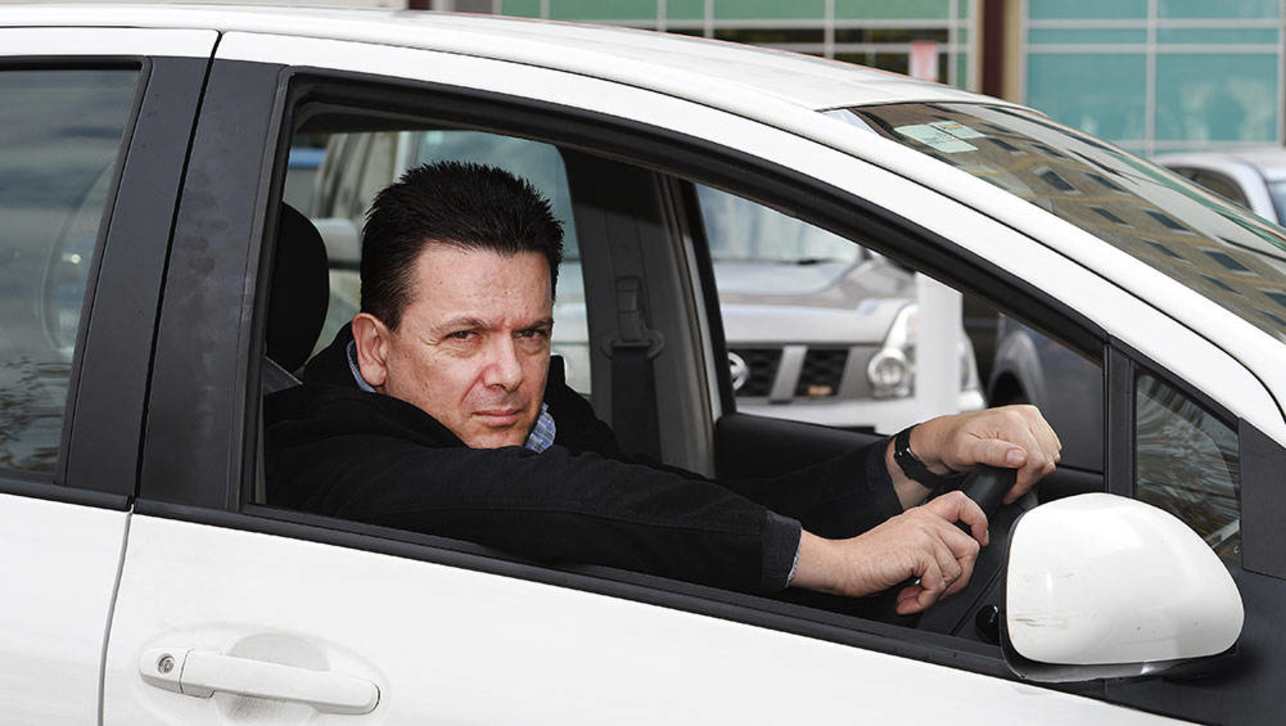Fuel usage claims that are "wildly inaccurate" would be punished with fines of up to $50 million under a new legislative push.
The move comes as fresh research finds technology such as "stop-start" engines does more to boost lab test results than real-world efficiency, and the Federal Government begins an investigation into the reliability of consumption claims.
Independent Senator Nick Xenophon is leading the legislative push, with discrepancies of more than 10 per cent to trigger action. He also wants owners compensated.
"Motorists have been treated like mugs for too long," Senator Xenophon said.
He was spurred into action by reports revealing actual consumption was as much as 133 per cent higher than claimed and that motorists faced annual bowser bills up to $800 more than expected.
Senator Xenophon said his proposed amendment would make it easier for the ACCC and individual consumers to launch action when fuel figures were "wildly inaccurate".
Australia is the only developed country that doesn't mandate a minimum performance
He also said testing needed to be changed to reflect "typical road use and driving".
This shift is supported by the nation's leading consumer group, Choice, which is launching a major campaign.
It wants independent testing – at the moment it is done by the car makers in labs with the wheels spinning on rollers – as well as a fuel-efficiency standard.
Australia is the only developed country that doesn't mandate a minimum performance, Choice campaigns director Matt Levey said. "We think that's an absolute farce.''
Mr Levey said there would be less concern if all cars' results were ioncorrect by the same amount.
Related: Are you affected by the VW emissions scandal?
"But they are inconsistent – and growing," he said, which suggesting ‘gaming' of the system by some manufacturers.
Research published this month by the Berlin-based International Council on Clean Transportation found the gap had increased from about 8 per cent in 2001 to 40 per cent in 2014.
Half of that 40 per cent came from exploiting lab test "loopholes".
Technology such as stop-start engines made a bigger difference in the lab than the real world, ICCT said.
One set of German data analysed by ICCT found brands that were closer to the mark included Toyota and Skoda. The biggest difference was for Mercedes-Benz.
Another set favoured Citroen, Peugeot and Fiat brands such as Jeep and Alfa Romeo, while General Motors, Toyota, Mercedes-Benz and Volvo did worst. The Federal Minister responsible for efficiency testing, Paul Fletcher, said he had asked the Department of Infrastructure to "investigate".



.jpg)



.jpg)

.jpg)
.jpg)
.jpg)





.jpg)



.jpg)





.jpg)
.jpg)

Comments